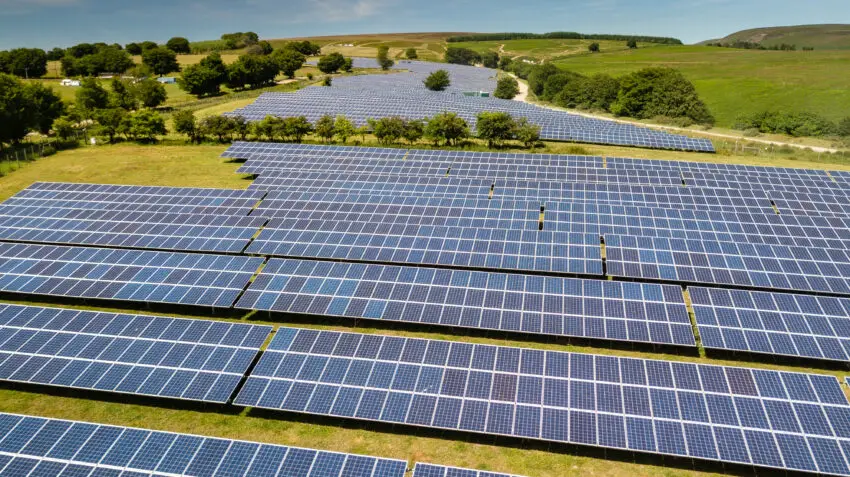Labour is set to relax planning regulations, enabling the construction of more solar farms and onshore wind turbines.
This shift aims to power hundreds of thousands of homes and expedite the approval process.
Streamlining the Planning Process
Labour’s new regulations will double the threshold for onshore wind turbines and triple it for solar farms. This will allow more projects to navigate through local planning processes seamlessly. Ed Miliband, the Energy Security and Net-Zero Secretary, believes this move will significantly cut costs and speed up approvals.
Impact on Solar Power Projects
By tripling the solar farm threshold, the government expects that more local projects can proceed without complicated approval processes. This is crucial for advancing renewable energy at the community level.
Lifting the Ban on Onshore Wind Turbines
Technological advancements have significantly increased the power output of newer onshore wind turbines. The proposed changes will raise the threshold to 100MW, enough to power about 120,000 homes.
Outdated Regulations
The new rules will increase the threshold to 150MW for solar farms, which can power around 45,000 homes. This aims to make the planning process more efficient and less costly.
Advocating for Green Technologies
A government spokesperson stated that reforming the planning system to align with technological advances is crucial for guaranteeing energy security. The changes will involve communities in the development of local areas.
Increased Power Generation
Increased thresholds for both solar and wind technologies reflect the substantial growth in energy production capabilities over recent years.
Energy Security
In an unstable world, investing in cheap, homegrown clean energy is the only way to guarantee energy security. The new regulations will help protect consumers from future energy shocks by relying more on renewable energy sources.
Labour’s relaxed planning regulations mark a significant step towards boosting renewable energy.
By increasing thresholds for solar and wind projects, the government aims to expedite approvals, cut costs, and power more homes.
This move is expected to play a crucial role in securing the UK’s energy future through robust investments in clean, homegrown energy.


